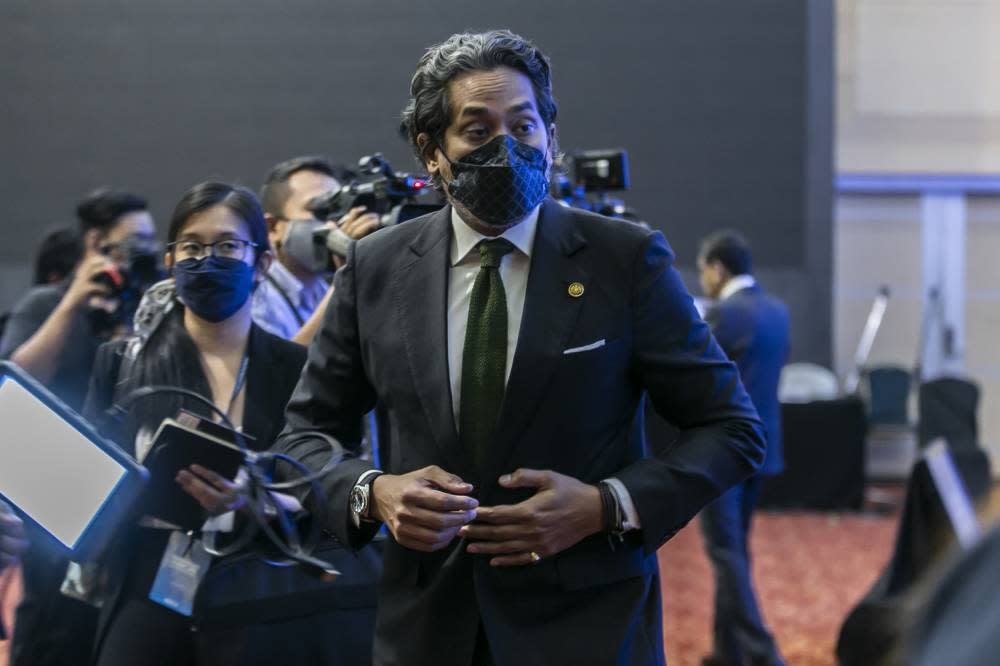Khairy: A healthy lifestyle is ideal, but remains a challenge for most Malaysians

KUALA LUMPUR, Aug 16 — A Stanford University study, which found Malaysians are the third laziest people in the world, was not reflective of what was happening on the ground, Khairy Jamaluddin said today.
The health minister said that the study, which looked at a population’s obesity levels and step count per day, did not consider the fact Malaysian cities are not built for health.
“It does not reflect the fact that Malaysia and Malaysian cities are not very walkable cities. We do not have urban planning and a built environment that promotes a healthy lifestyle.
“We do not have transportation networks that promote a sustainable healthy lifestyle. It’s been designed so you are as sedentary and dependent on your car as much as possible,” he said at the Health Policy Summit 2022 policy dialogue at the World Trade Centre, Kuala Lumpur today.
Khairy said that in addition to lack of access to being more active day-to-day, many people and their families are facing a dilemma when it comes to eating a better diet.
“Food is expensive, good food is expensive. Parents want to give their children nutritious food but instead it’s easier, cheaper and more convenient to give their children processed, fast food.
“They want to exercise but they find it difficult to exercise because some of them juggle two or three jobs,” he said.
He stressed that while it is important to encourage people to make healthier decisions, humility is also needed to understand the barriers around it.
“It’s very easy for the Ministry of Health to lecture people on how to live better, on how to eat more healthily without understanding the obstacles and the limitations that people have on wanting to live a healthier life.
“Of course, some of it can be helped through promotional campaigns or through behavioural science. But there are actually some very real structural obstacles and barriers for people to live healthy lives,” he said, adding that all ministries need to work together to put health at the centre of policy making.
“Ideally, what I have in mind is when we come around the Budget cycle, we should take into account health aspects, just like how we take into consideration gender equality when coming up with new policies.
“Just like how each ministry is now accounting for climate change (in their policies), we must also ask, ‘What are we doing for health outcomes?’ so that we can say, ‘This is my ministry’s contribution to health outcomes’,” the Rembau MP said.
The policy dialogue was also attended by former health minister Tan Sri Dr S. Subramaniam, Sunway Centre for Planetary Health executive director Tan Sri Prof Dr Jemilah Mahmood and Axiata Group chairman Tan Sri Shahril Ridza Ridzuan, who joined virtually.



